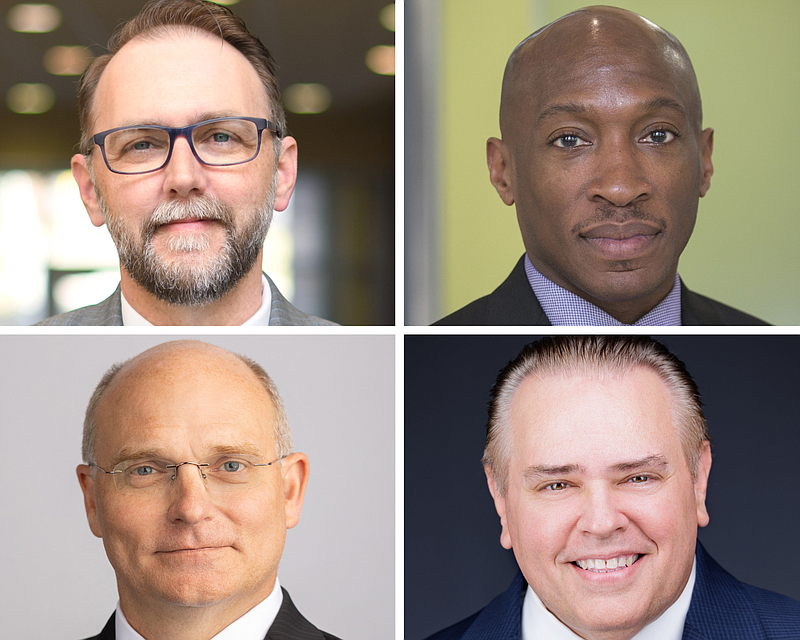The National Park College board of trustees named four finalists for the presidency.
They are:
Wade Derden, executive vice president for advancement and government relations at National Park College.
Kendricks D. Hooker, provost of Cabarrus College of Health Sciences in Concord, N.C.
Joel Michaelis, vice president of instruction at Southeast Community College in Lincoln, Neb.
. Bryan Newton, vice president for enrollment management and student services at Wor-Wic Community College in Salisbury, Md.
"From a pool of more than 60 applicants, the search committee narrowed down to 10, and eventually recommended 5 highly qualified candidates to the Board," Kelli Embry, committee co-chairperson and vice president for administration, said in a news release.
Trustees voted Wednesday following an executive session, the community college said in the news release.
The finalists will participate in a series of campus and community forums April 15-16.
The board is looking for someone to replace President John Hogan, 62, who announced his retirement in October 2023. His retirement takes effect July 1, 2024.
National Park College, which is in Hot Springs, has 2,038 students, according to the fall enrollment report issued by the Arkansas Division of Higher Education. The college is the fourth largest public community college in Arkansas.
The president of the college can earn up to $188,490 in public funds, according to Act 402 of 2023. The amount will likely change in the 2024 fiscal legislative session. The annual pay in any fiscal year can be slightly higher with public funding under a formula in state law. Also, private funding can provide additional compensation to presidents and chancellors beyond what they make in public funds.
